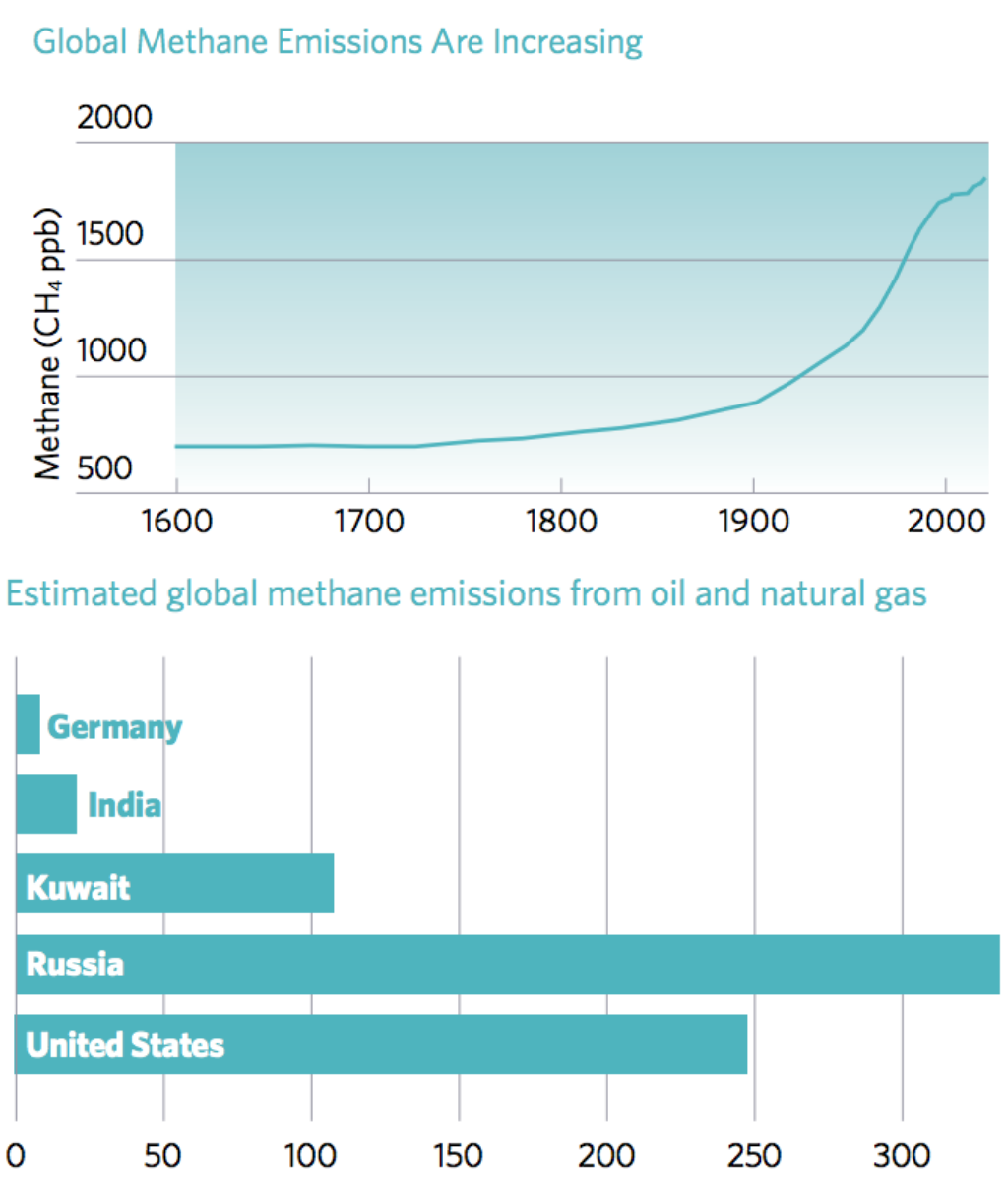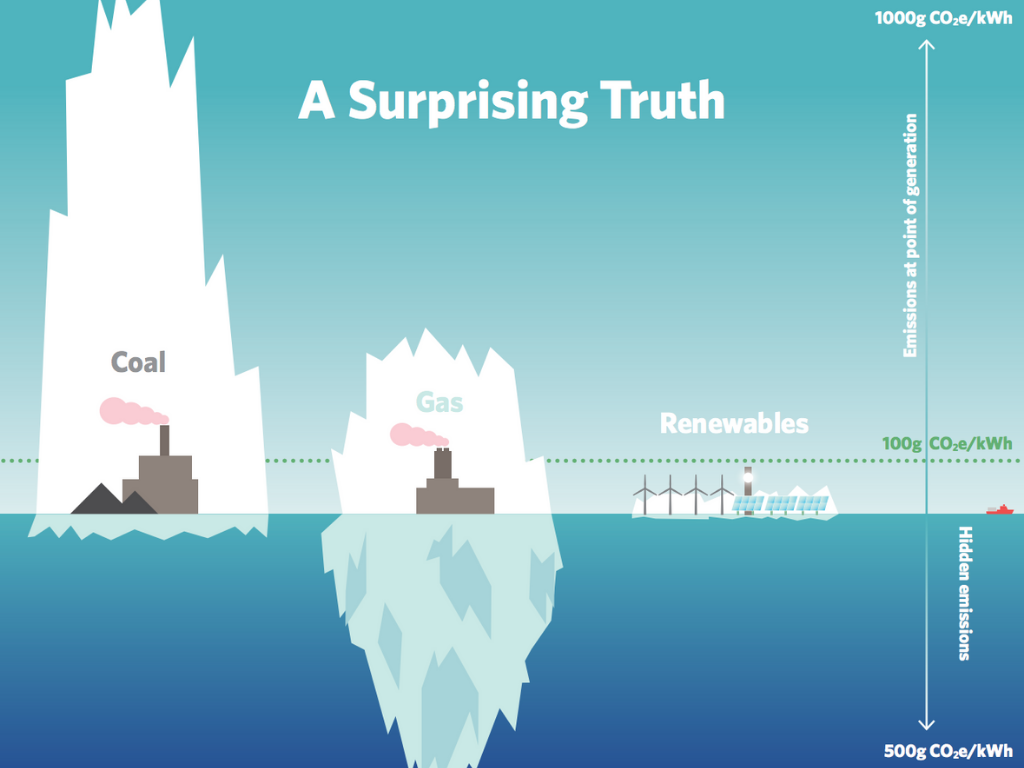4 Mins Read
In the latest draft of the European Commission’s Sustainable Taxonomy Proposal, the ‘gold standard’ for sustainable finance offers an opportunity for more gas plants to be built and labeling it green, for a supposed smooth transition to carbon neutrality. To prevent this from being executed and having opposite consequences, a group of several institutions and NGOs, including the WWF, have come together and called out the EU on its hypocrisy.
Since last year, central and eastern European governments have been urging the E.U. to have fewer restrictions on biomass energy production and to state natural gas as a green fuel for better transition to carbon neutrality.
With the latest Sustainable Taxonomy proposal draft, these suggestions seem to have been heard. If fossil fuels are included and the draft is implemented as it is, Central and Eastern Europe (CEE) stand to be affected drastically as this could lead to several projects opening up that will have dire consequences on the environment and directly contribute to global warming.
To prevent this from happening, 225 scientists, the World Wide Fund for Nature (WWF), several financial institutions and NGOs have signed a letter, writing that if this text were to be applied, the entire purpose of the Taxonomy would stand redundant and instead of having strict regulations against greenwashing, the document would itself become a tool that promotes it, dismissing the European Green Deal completely.
Contradicting the recommendations of the Commission’s own Technical Expert Group, the document recognizes gas as green, which completely discredits all the science-based information that shows how the greenhouse gas methane is highly potent and has devastating effects on the planet, with one study showing that its impact on global warming is 84 times higher than C02 in just a 20-year timeframe and to exceed the damage coal has, natural gas needs only to emit 3% of its methane content in the atmosphere.
In a press release seen by Green Queen, regional policy lead of WWF Central and Eastern Europe, Alina Blaga, said: “A weak taxonomy will gravely hinder the chance to implement EU climate targets, especially in CEE countries. We need a taxonomy that stops greenwashing and is in alignment with what science tells us.”

A weak taxonomy will gravely hinder the chance to implement EU climate targets, especially in CEE countries. We need a taxonomy that stops greenwashing and is in alignment with what science tells us
Alina Blaga, regional policy lead of WWF Central and Eastern Europe
Instead of opting for a coal-to-gas transition, a coal-to-clean one would actually help achieve the EU’s goal to become carbon neutral by 2050, but if the former is chosen, to achieve this target, another transition will be required in 20 years time, from gas to renewables. This unnecessary two-phase transition benefits no one and just delays from positive action in the climate emergency.
President of the European Investment Bank, Werner Hoyer, said: “Without an end to the use of unabated fossil fuels, we will not be able to reach the climate targets. To put it mildly, gas is over.”
In the letter, WWF Central and Eastern Europe urge the EU to drop natural gas in the proposal as well as remove small hydro, as it doesn’t follow the TEG recommendation that states “construction of small hydropower (<10MW) should be avoided.” This is because several small hydros disturb freshwater ecosystems and their actual impact is negligible towards achieving carbon neutrality.
Without an end to the use of unabated fossil fuels, we will not be able to reach the climate targets. To put it mildly, gas is over
Werner Hoyer, president of the European Investment Bank
In addition to this, forestry and biomass should be dropped too as the demand for forest biomass doesn’t allow for EU forests’ to act as a carbon sink, instead threatens biodiversity-rich forests in these areas. Hence, it should reject the idea that burning of forest biomass for energy is sustainable.
The EU Sustainable Taxonomy can be crucial in achieving the carbon neutrality goals and it is vital, that it is based on scientific evidence and only supports those economic activities that are sustainable and in sync with the European Green Deal’s goals.
Last year, in a new framework, called the Oil and Gas Methane Partnership (OGMP), major oil and gas companies representing 30% of global oil and gas production, including Shell, Total and Equinor, committed to supervise, monitor, and reduce their methane emissions by 45% by 2025, and increase this figure to 75% by 2030.
Lead image courtesy of Bruce Robertson, IEFA.org.



